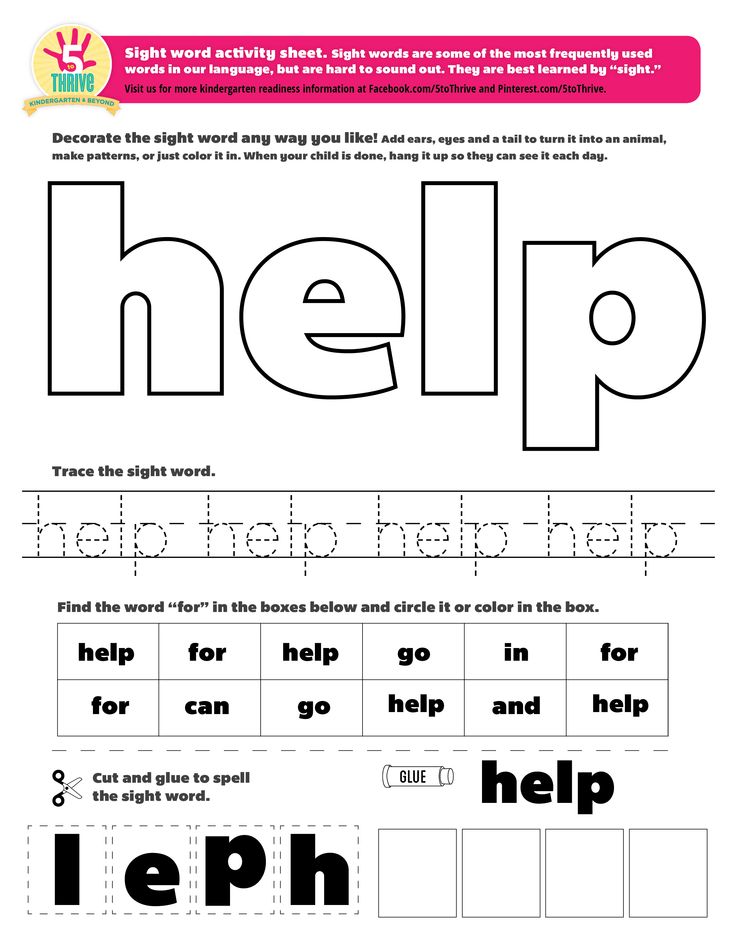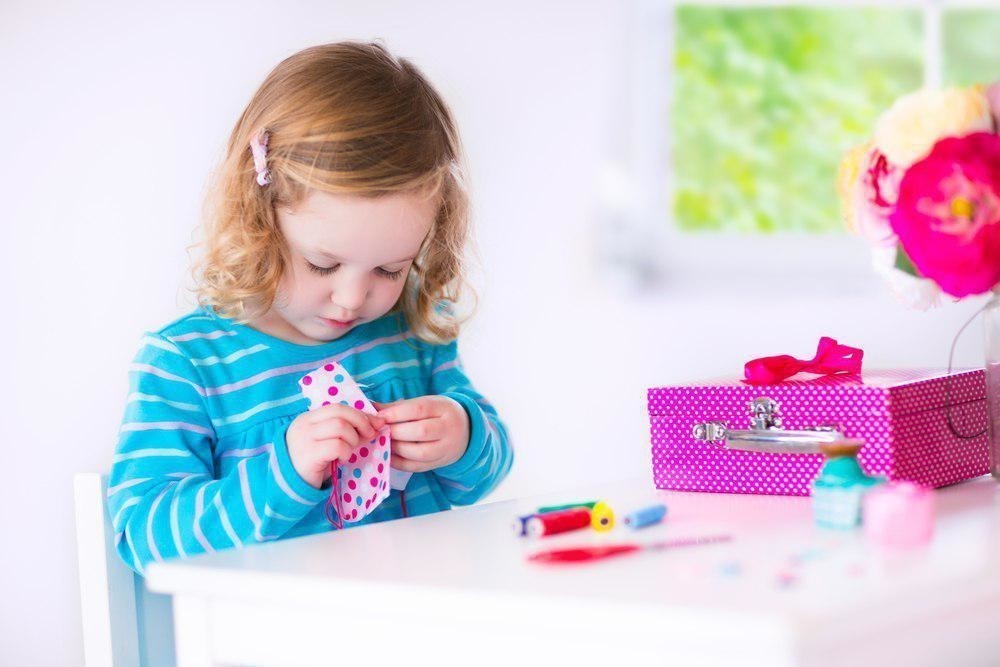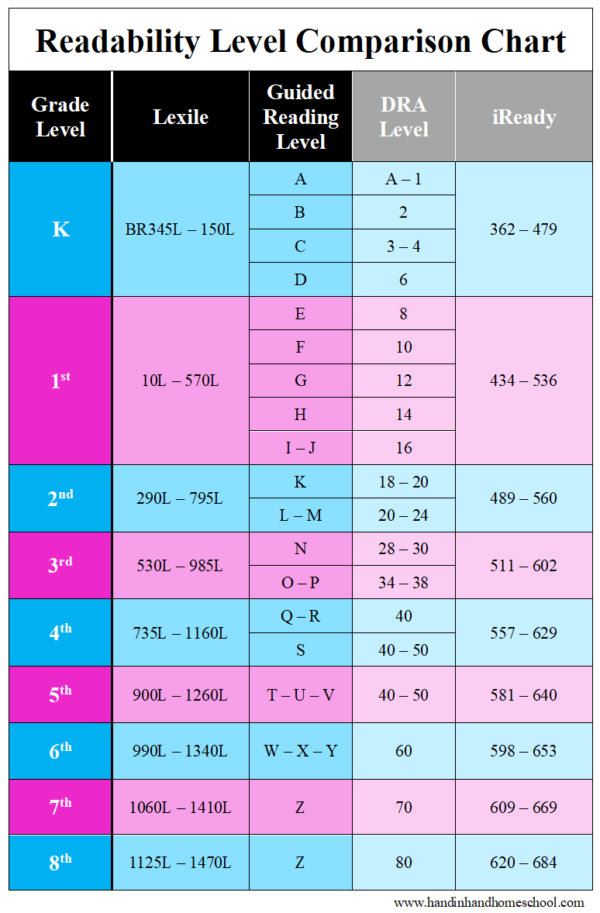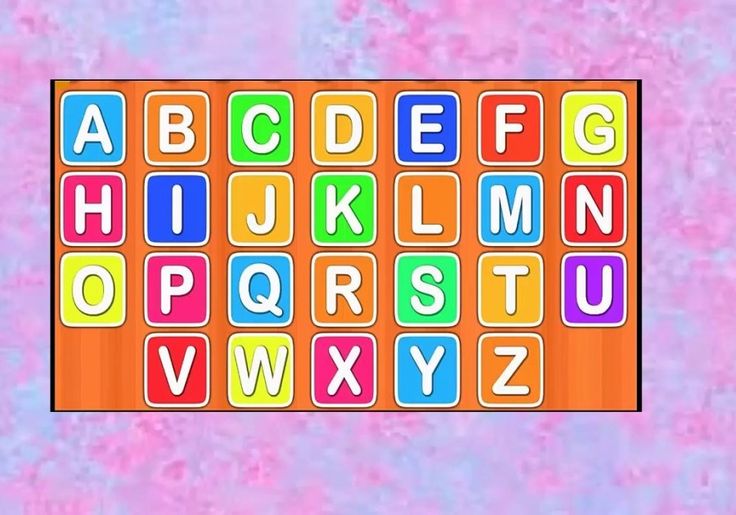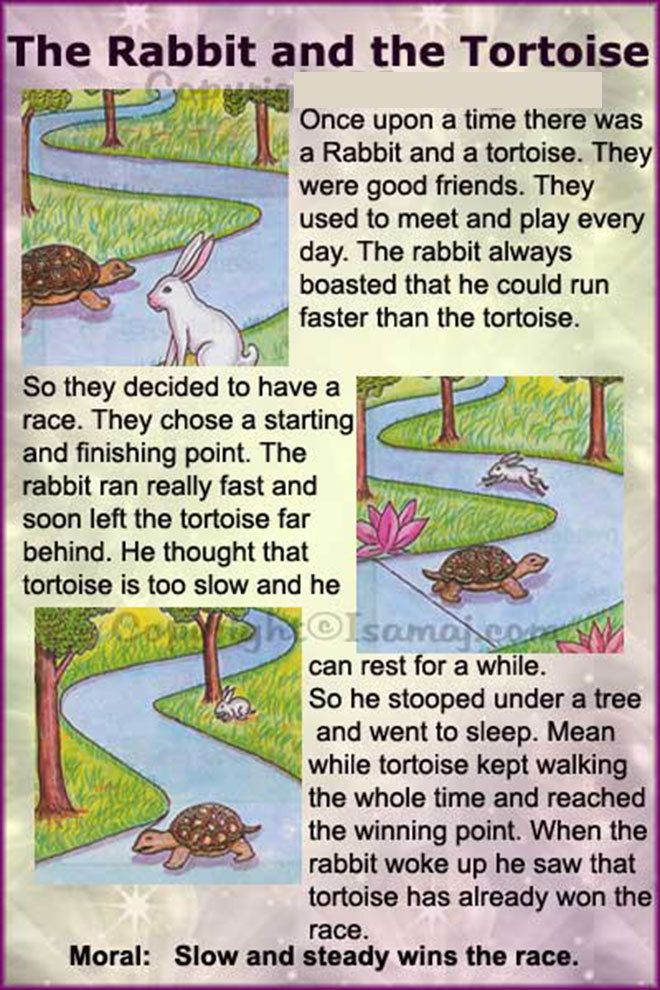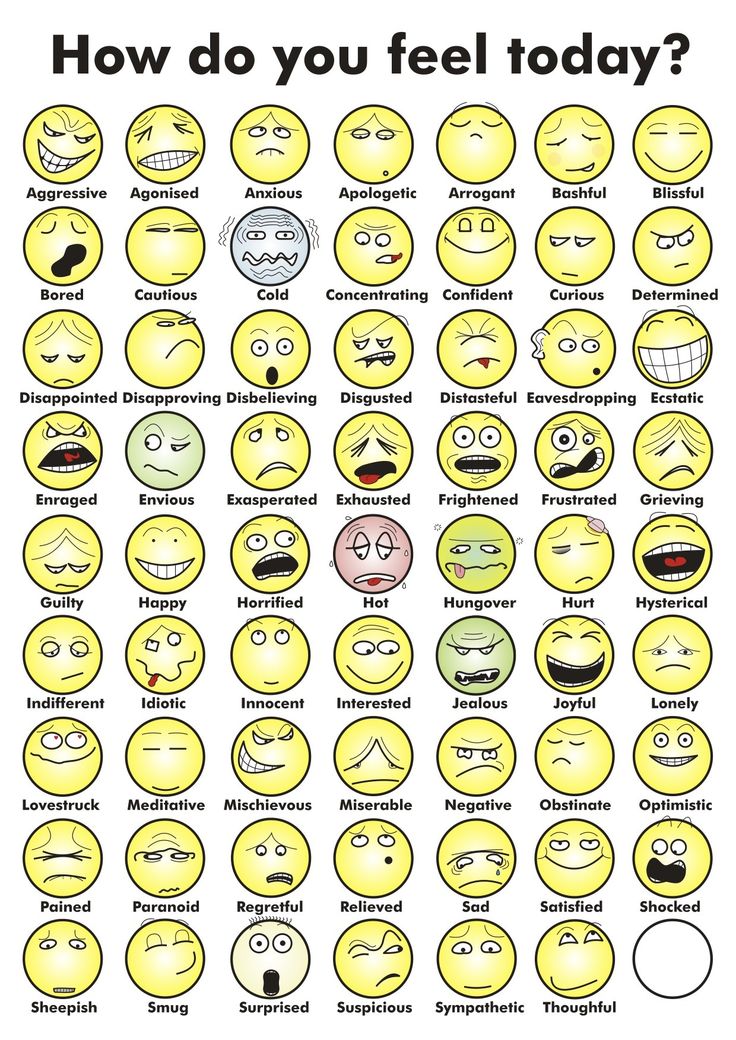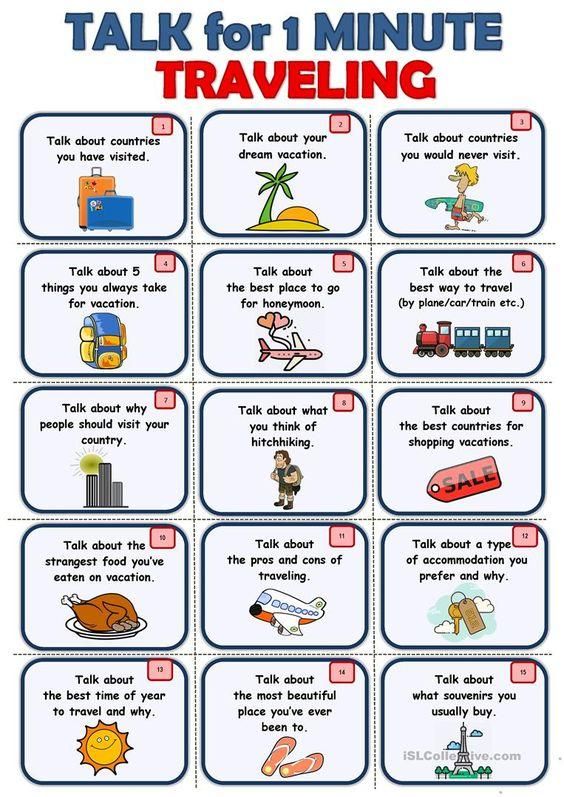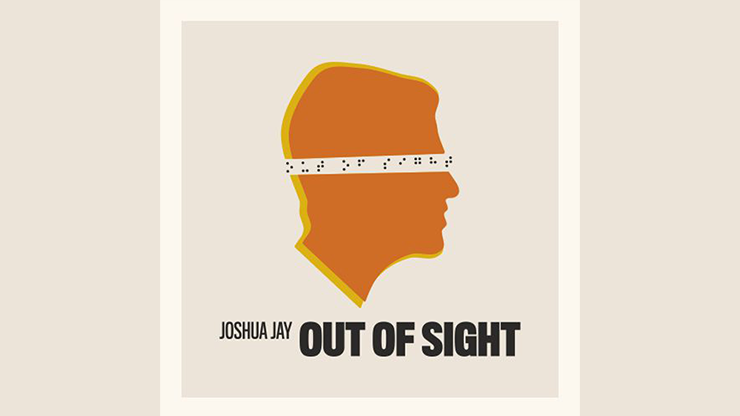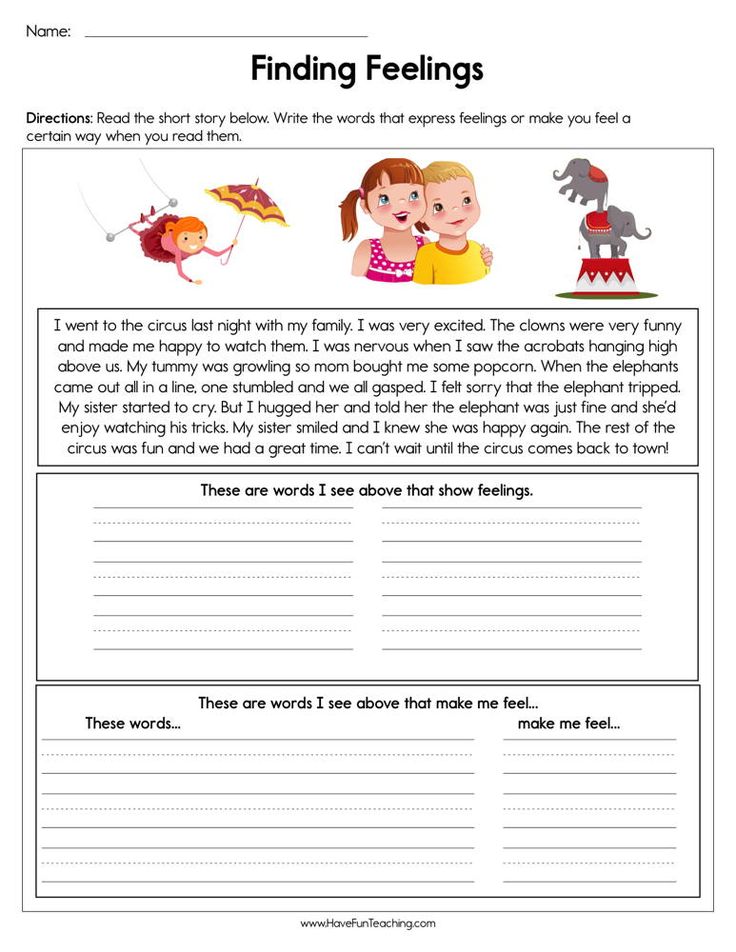Sight word help for kindergarten
The Best Tips to Teach Sight Words to Kindergarteners
41 shares
- Share
- Tweet
It’s important for beginning readers to develop a bank of sight words to support their early reading. If you’re wondering how to teach sight words to kindergarteners and preschoolers, it’s a task that can be done, but it will definitely take time. Read on for some great tips to get them started early.
What are Kindergarten Sight Words?Sight words are also referred to as “high frequency words” because they are words that appear most frequently in texts.
Some examples of early sight words are “the,” “I,” “a,” and “am.” As children progress with their reading, they can begin to work towards recognizing longer sight words, such as “they,” “said,” “where,” and “have.”
The goal is for children to recognize sight words instantly, without needing to devote much effort to sound them out. This frees up their efforts for words that require more strategies to solve.
For example, a book written for a beginning reader may include the sentence starter, “I am” on each page, with endings such as “swimming” or “running” completing each sentence. Children with a well-developed bank of sight words can instantly and effortlessly recognize the words “I” and “am.”
This allows them to focus their word-solving strategies on the final word in the sentence. They may use strategies such as making the first sound and looking at the picture cue.
When to Teach Kindergarten Sight WordsNot every child is ready for sight words at the same time. Similar to talking and walking, learning sight words is a developmental stage that children begin at different ages. Usually, it should not be before about five years of age.
Before learning sight words, make sure the child has developed pre-reading behavior. Once your child begins showing an interest in letters and words, it indicates that a child is growing closer to reading.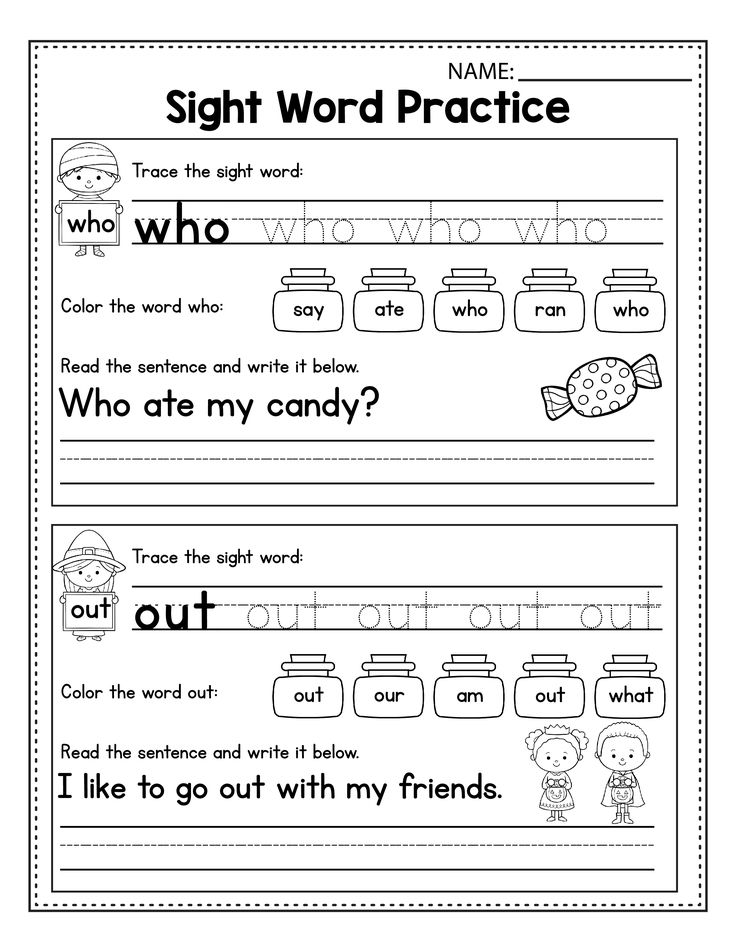
Children are not required to recognize every letter before they begin learning sight words. A few letters and their sounds will let them get started with pre-primer sight words.
How to Teach Sight Words to KindergartenIt can take time for children to learn sight words depending on their age, motivation, and cognitive skills. However, teaching kindergarten sight words with the right strategies can help any child to improve quickly.
If you’re looking for how to teach sight words to kindergarteners or preschoolers, here are some great tips and strategies to do so.
My Favorite Tips to Teach Kindergarten Sight Words
1. Start with a Small List of WordsIt is easy to find lists of sight words to begin introducing to young children. However, it is important that educators do not overwhelm beginning readers with long lists of words to learn. Start with one or two words that you would like to focus on. Give children many opportunities to practice these words and solidify their learning, before introducing more words.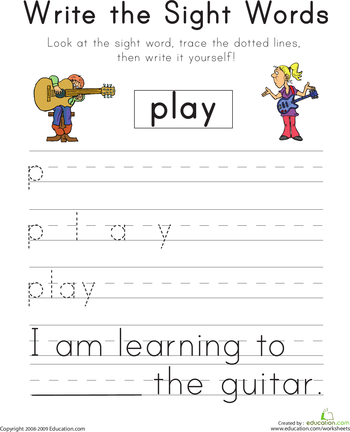
Children can be motivated to learn sight words that hold personal significance to them. For example, a child may enjoy learning how to read the word “mom” or “dad.”
Also, achieving quick success with sight words can motivate children to keep reading. Learning sight words like “I” and “a” may be easier than other words and give children an instant boost in their reading confidence.
3. Don’t Introduce Visually Similar Words TogetherKeep in mind that children who are learning to read may find visually similar words confusing. For example, it is not uncommon for beginning readers to mix up the words “the” and “here.”
To cut back on the confusion, do not introduce visually similar words at the same time. Also, make sure that children have a solid recall of the first word before introducing the second.
4. Practice Makes PerfectAs you introduce new sight words, it is very beneficial to continue revisiting previously learned words.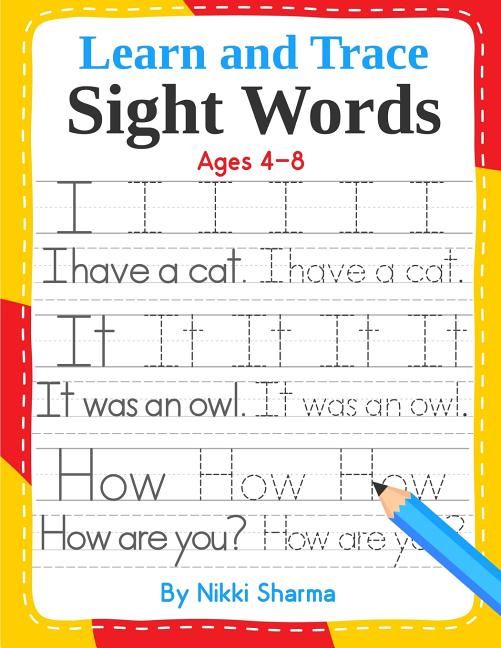 Even if they seem to have mastered a word, once you introduce new words, they may forget what was previously learned.
Even if they seem to have mastered a word, once you introduce new words, they may forget what was previously learned.
Continue to go back and reteach or quiz your children on previously learned words to make sure that they still remember them.
Worksheets can provide children with a variety of ways to review their growing bank of sight words. Coloring, matching, writing, and reading activities all help to solidify their sight word recognition.
5. Use Books for Carry OverA key component of learning sight words is to recognize them in context. Some children may be able to identify a sight word within a list of words or on flashcards, but when it comes up in a book, they have trouble.
Children should be exposed to a variety of books at their current reading level that include sight words they have been practicing. Choosing “just right” books is important.
Asking children to read books that are far too difficult can create frustration. To learn new words, practice word-solving strategies, and sight word recognition, children need experience reading books at their instructional level – not too hard, and not too easy.
To learn new words, practice word-solving strategies, and sight word recognition, children need experience reading books at their instructional level – not too hard, and not too easy.
As you introduce sight words, pair them with books that are filled with the words you’re focusing on. There are many texts written specifically for beginning readers that use patterns and repetition to teach sight words.
The goal is to provide children with lots of exposure to new words and to do so in a context where they can achieve success.
Beginning readers should read the same book more than once, providing them with more opportunities for practice and developing confidence in their reading.
6. Pair Reading and Writing with Sight WordsAnother great strategy for how to teach sight words is to take advantage of the relationship between reading and writing. When children learn how to write a word, they can typically read it as well.
As you’re teaching sight words and incorporating the use of leveled texts, consider ways to involve writing as well.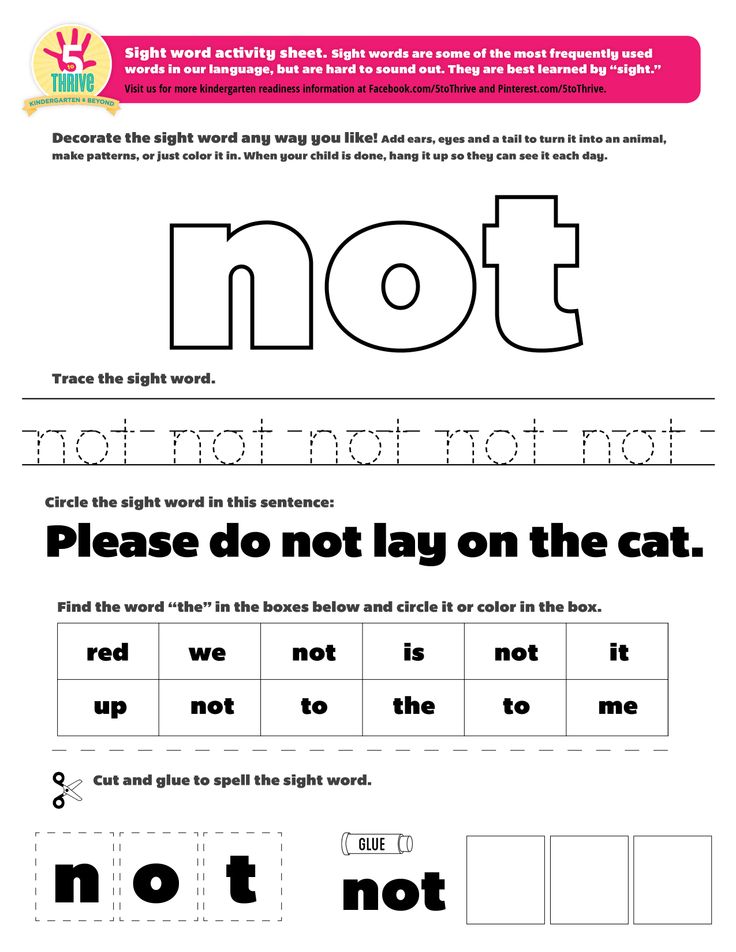 One way is to use a sentence stem from a book children have just read.
One way is to use a sentence stem from a book children have just read.
Using the earlier example of a patterned text that begins each page with “I am,” children could write their own “I am” sentence after reading the book. This provides them with practice writing two sight words.
Letting them choose their own ending for the sentence allows them to personalize their writing. Some children may wish to go a step further than writing one sentence and can create their own “I am” book.
7.
Use Sensory Items For Writing Sight WordsPreschoolers and kindergarteners may enjoy exploring different modalities to write words. Have them experiment with chalk, whiteboard markers, or pastels.
They can also practice writing their words in salt trays, shaving cream, or sand. In addition to writing sight words, children can build the words using materials like magnetic letters, letter tiles, or stamps.
8.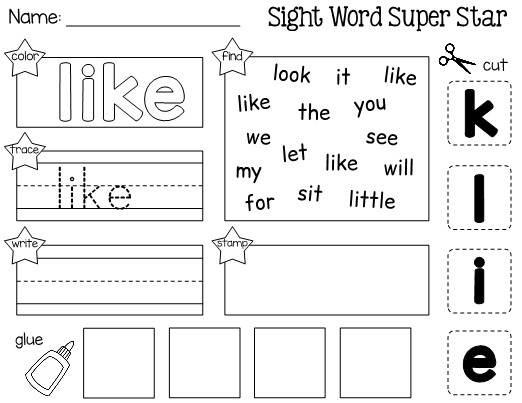 Use Visual Cues (Word Wall)
Use Visual Cues (Word Wall)A great tool to help children remember how to write sight words is a word wall. This is a visual display of words they have been introduced to.
Word walls can be put up on a wall or bulletin board or can be a small, personal chart kept at a child’s table or desk. It’s important to make sure that words are displayed clearly, with the letters formed correctly. Beginning readers and writers can find fancy print confusing.
Word walls are also a great way to keep track of which sight words you have introduced. They also provide another way for children to review their words.
Related Post: Printable Sight Word Flashcards
Easy Activities for Learning Kindergarten Sight Words
Sight word activities are the perfect way to introduce and reinforce kindergarten sight words. The activities can be simple to put together and still have a big impact. Here are a few of my favorites!
This Roll & Read Activity is super simple! All you need is some dice and the FREE printable.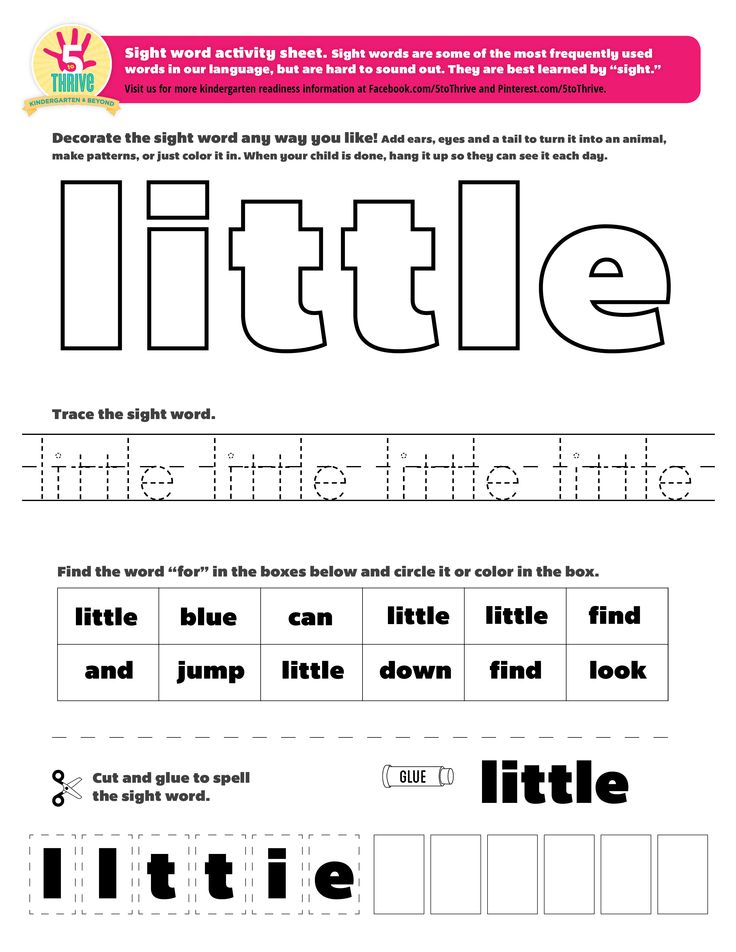 The children roll the dice, and then read the words in the column matching the number on the dice. You can use the free printable, or make your own worksheet with any sight words you are currently working on.
The children roll the dice, and then read the words in the column matching the number on the dice. You can use the free printable, or make your own worksheet with any sight words you are currently working on.This would be the perfect activity for spring time – but really any time is a great time for egg activities! Simply write the sight words on the paper in the shape of an egg. Next hide the words inside the easter eggs, as your kids (or students) read the word, have them find the match on the paper.
This activity from Juggling with Kids looks so much fun! Make a little parking lot with sight words, call out a word and your little one can park the car in the correct spot. What a fun way to learn kindergarten sight words!
4. Magic Sight Words
Write sight words in white crayons on white paper. Give your students some crayons, watercolors, or markers, and let them color the sheet of paper. Watch as they are amazed at the magic word that appears! Have them read the word they just revealed.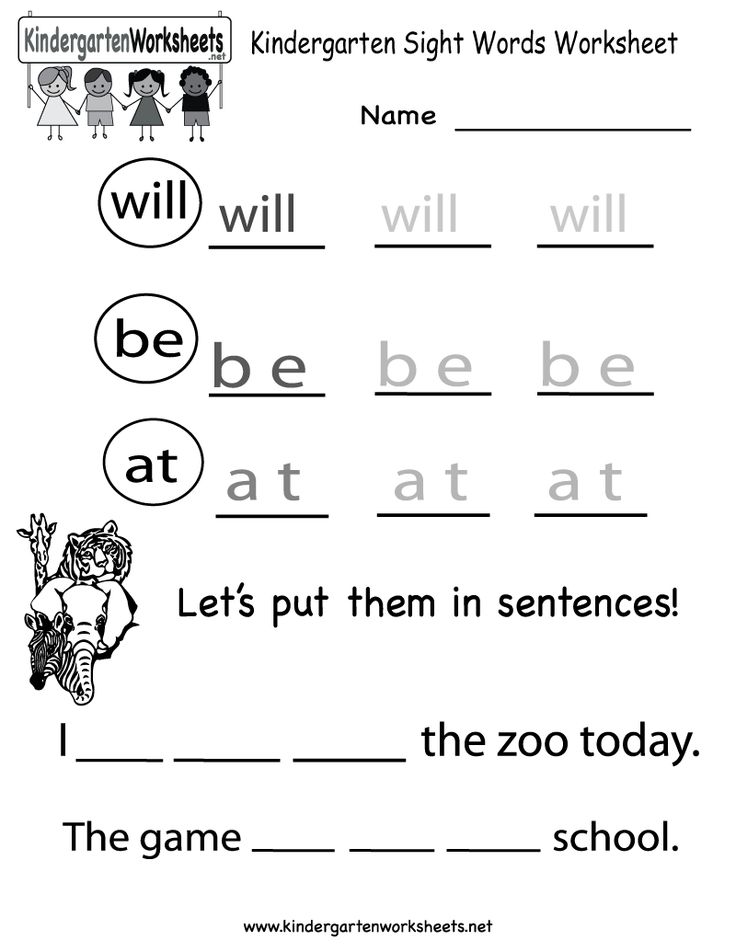
Playdough makes everything fun! Have your kiddos form their sight words from playdough, and read the sight word they created.
Kindergarten Sight Word GamesAfter introducing a new word, we don’t want to abandon it before a child has had adequate opportunities to solidify its recall. Sight word games are a great way to teach sight words by reviewing and adding new words.
1. Memory
One example of a sight word game is Memory. Each word needs to be written on two flashcards. All the flashcards are turned over, face down.
Each player takes turns choosing two cards. If they match, the player keeps the cards and gets another turn. If they don’t match, the player flips the cards back over and the next player has a turn.
The game ends once all the cards have been matched. The winner is the player with the most matches.
Another simple sight word game is Zoom. A sight word is written on each flash card.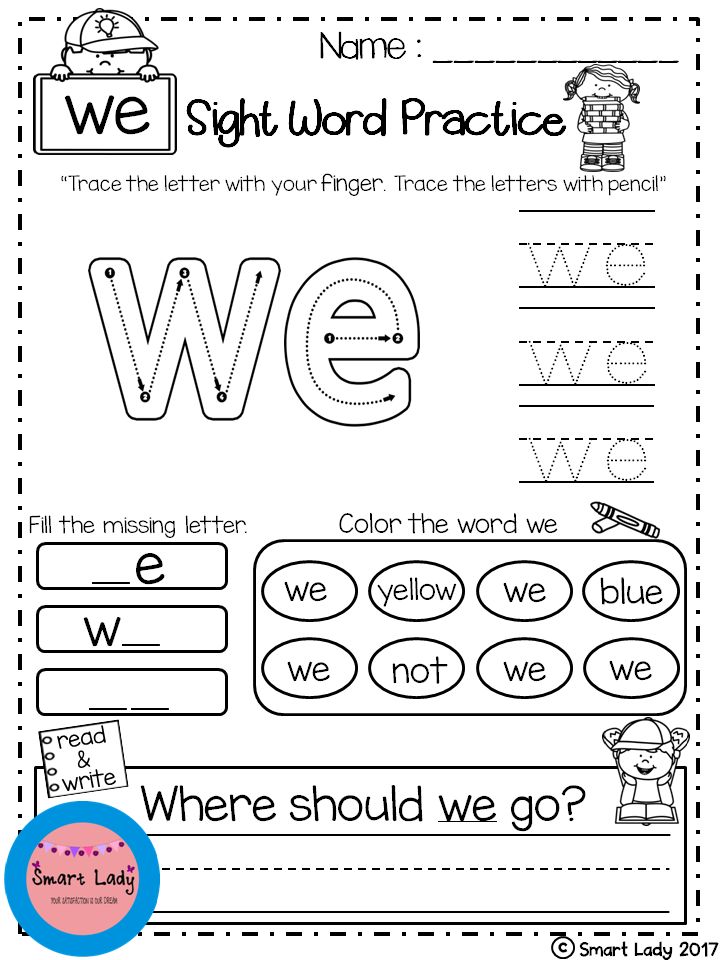 The same word can be written on a couple flashcards if you like.
The same word can be written on a couple flashcards if you like.
The word “zoom” is printed on several flashcards. Players take turns choosing a card from the deck. If they choose a sight word, they read the word then place the card in their own pile.
If they choose a “zoom” card, they get to steal everyone’s cards. Once all the cards have been chosen, the player with the biggest pile wins.
2. Sight Word Bingo
Sight Word Bingo is another way for children to review their sight words. Bingo cards made for dry-erase markers can be reused but paper and pencil also work.
Each player needs a bingo card that has a different sight word in each box. You also need a deck of flashcards with each word written on a card.
One person chooses a card and reads the sight word. The players look at their bingo card to see if they have the word, If so, they check it off.
Cards continue to be chosen until a player gets “bingo.” This may be one line of words, words that create an “X” on the card, words in the four corners of the card, or even every word on the card.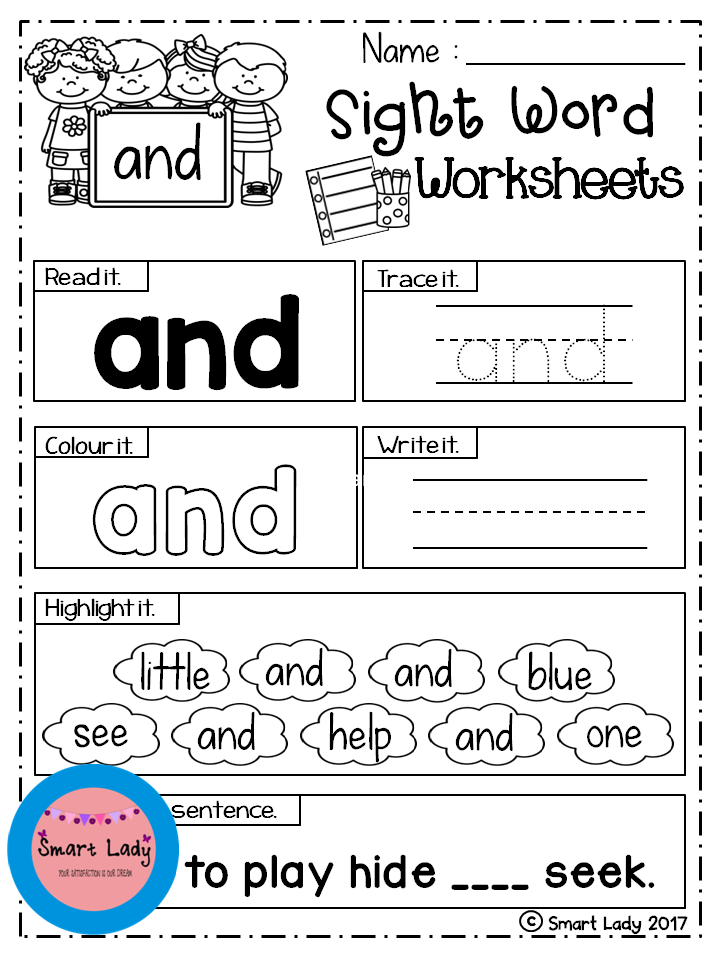
Related Post: Sight Word Bingo Printables
3. YIKES!
This game could not be any simpler! All you need is a cup, some craft sticks, and a marker! Simply write the words you are practicing on the craft sticks, and add a few sticks with the word YIKES! Each child pulls out a stick and reads the word on the card. The play continues as each child reads the words on their stick. When a YIKES stick is pulled, the child is out for this round!
This is a cute and easy game for teaching kindergarten sightwords! Simply write a few sightwords on the bowling pins, the kids can take turn rolling the ball and knocking down the pins. The child who rolls the ball must read the word on the pins that are knocked down. If they read them correctly they keep the pin! Whoever has the most pins will win the game!
5. Sight Word Hide and Seek
For this activity, print out some sight word flash cards, laminate and cut out for durability, then hide the cards around the house (or classroom) when the kids find the words they must read them to you.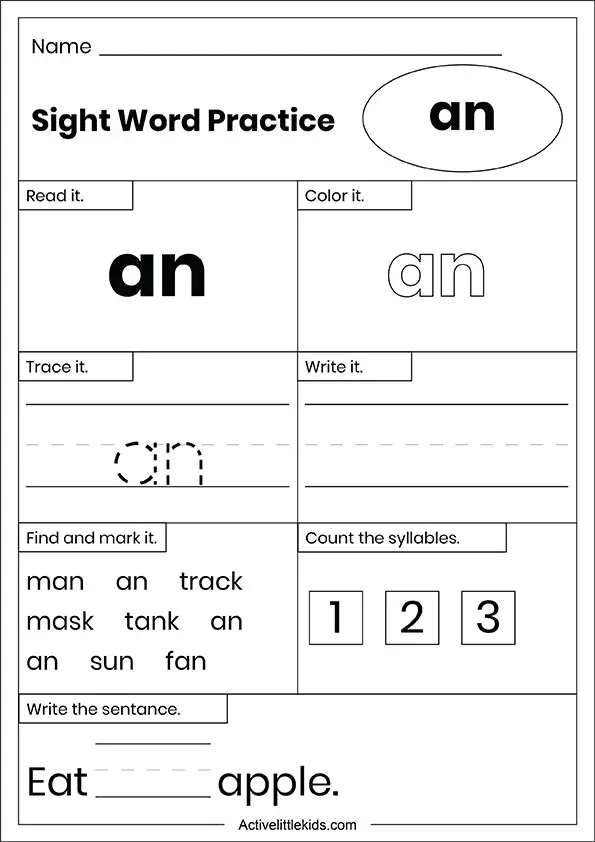 Great idea to get those bodies moving!\
Great idea to get those bodies moving!\
Apps to Practice Kindergarten Sight Words
Althought I think hands on activities are the best choice for learning sight words, apps do have their place in the world as well. Here are a few of my top pics for apps that will help you practice Kindergarten sight words.
You can get Reading Ninja on Itunes for just .99 this game is perfect for learning three letter Kindergarten Sight Word – definitely one of my favorites for beginners.
This app is FREE in the app store, and is perfect for practicing sight words. Your little one can practice over 300 sight words using this app – with or without sound.
This is a perfect app for little ones to be engaged in! They simply need to choose the sight word that is called out.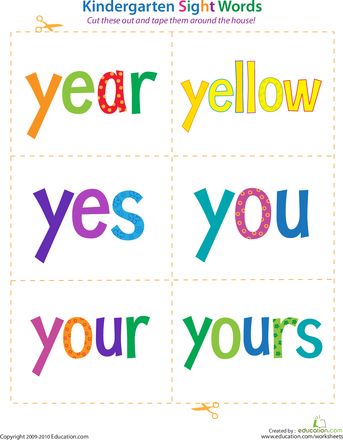 If they get the answer correct they are celebrated by super fun letters.
If they get the answer correct they are celebrated by super fun letters.
Introducing children to sight words is an essential part of teaching them to read. Watching their bank of known words develop is exciting to see! As they accumulate more words that they can instantly recognize, their confidence in both reading and writing will grow.
Now that you know how to teach sight words to kindergarteners and preschoolers, you can get your children and students learning and reading in no time! Be consistent with the above strategies and they’ll love learning to read and write.
Author Bio
Alesia is a founder of PrimaryLearning.org, an educational website that helps elementary school teachers and homeschool parents with hands-on worksheets, activities, and thoughtful articles.
Related posts:
Best Sight Word Books and Activities
You probably don’t remember learning how to read words like the, is, and am. But these so-called “sight words” that you now read every day (without even noticing!) can actually be quite challenging for children to learn.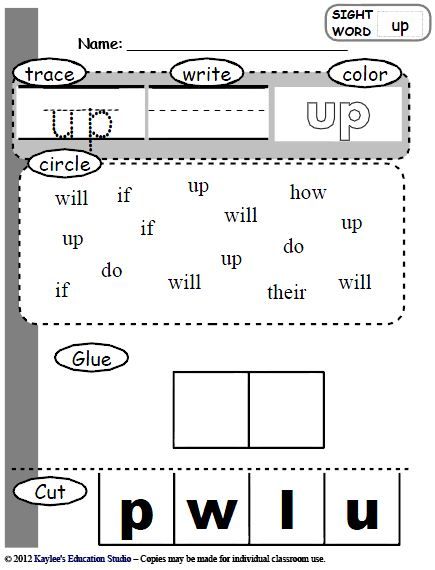 However, they're crucial to reading success.
However, they're crucial to reading success.
In simple terms, sight words are commonly-used words that children are encouraged to memorize by sight, so they instantly recognize them in a text without having to take the time to sound them out. That’s especially helpful for the many sight words that don’t follow normal phonetic rules, and can’t be sounded out.
“When children can read sight words quickly, they are more fluent readers and can better comprehend a text,” says Laura Mossa, an elementary school reading specialist at Baltimore County Public Schools. She adds that one classic study found that up to 75 percent of the words used in text geared toward young readers are sight words.
Here are five ways to make learning sight words easier for your child, and tools that will help you along the way.
Tip 1: Expose your child to sight words early on.
It's never too early to start reading regularly with your child (it will boost their language development and reading skills, and doing so multiple times per day can expose them to 1 million words by kindergarten!).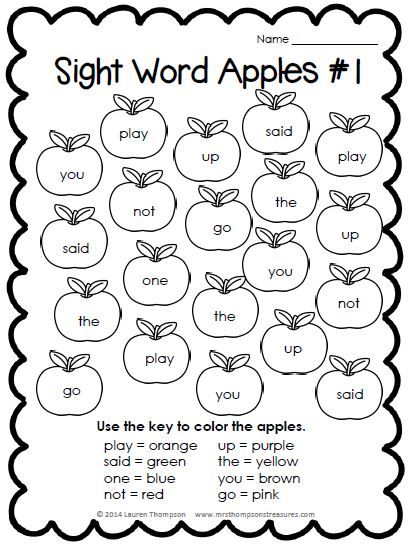 This is the most natural way to familiarize them with a wide range of sight words.
This is the most natural way to familiarize them with a wide range of sight words.
Also point out sight words in your environment — say, by reading signs on the road or at the grocery store out loud. This will help provide a solid foundation for when your child takes on more formal sight word learning in preschool and kindergarten.
What Will Help: For young children, simply focus on joyful read-alouds that are packed with sight words, like Oh, The Places You'll Go!
As your child enters preschool and kindergarten, this Sight Word Readers Parent Pack is a great way to supplement what they're learning in class. It features a mini activity book and write-and-learn pages to help your kids learn 50 high-frequency sight words!
Tip 2: Make read-alouds more interactive.
When you read with your child, you’ll notice that many repetitive phrases contain sight words like I, a, at, am, and, it, in, is, and the. Have fun emphasizing this repetition, and encourage your child to chime in on the refrains as you point to the words along the way.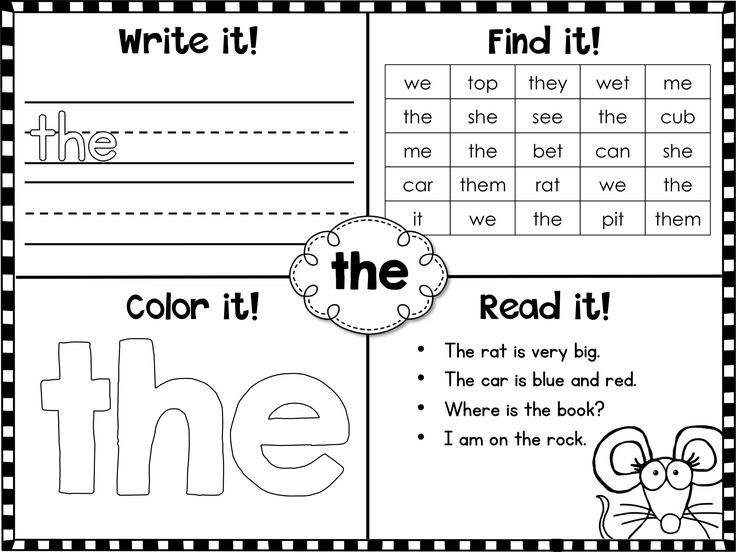
“Since sight words make up a large percentage of all text, engaging in interactive read-alouds with your child is a great way to practice them,” says Mossa. Books that show text in speech bubbles are particularly useful for this, because the text is concise and large, making it easy to point out sight words in each bubble as you read.
What Will Help: For general sight word practice, you can use this Little Skill Seekers: Sight Words workbook with your child — it includes playful illustrations and practice problems that will help your child recognize sight words to strengthen reading fluency!
Tip 3: Engage all of their senses.
Mossa says she also uses multi-sensory activities with children, in which they fill in missing letters or rearrange letters to correctly spell a sight word, or "write" a word using their finger in the air or on a table.
“Children are more likely to retain a sight word in their long-term memory when practice includes these multi-sensory strategies,” says Mossa.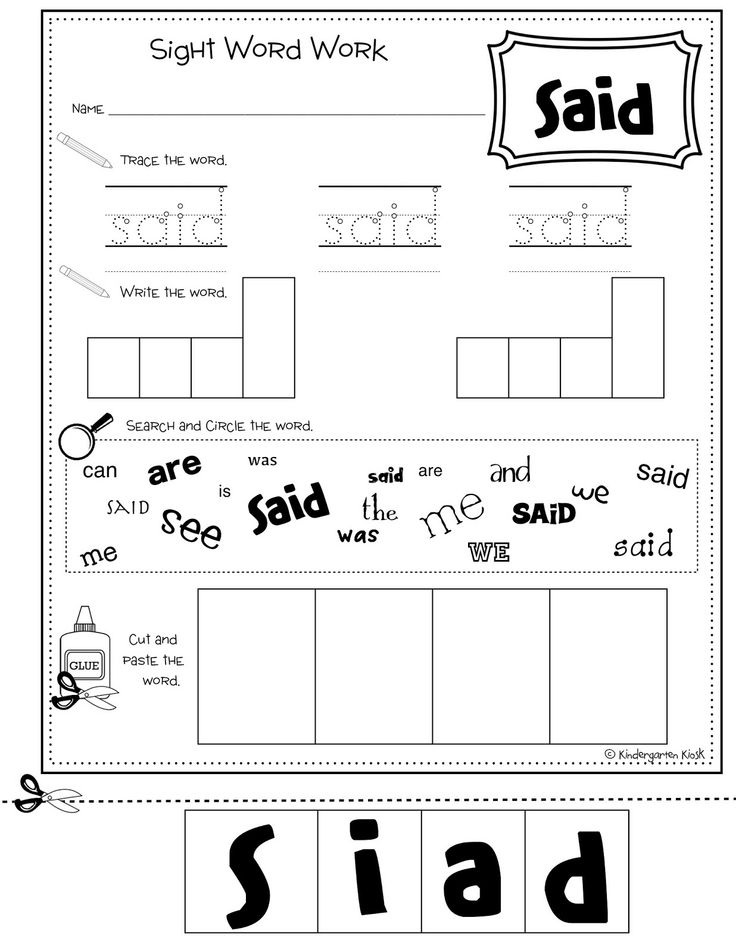 She also suggests giving kids pipe cleaners or magnetic letters to build sight words.
She also suggests giving kids pipe cleaners or magnetic letters to build sight words.
For more practice with spelling sight words — especially those that aren’t phonetically regular — Mossa says she turns to literacy expert Jan Richardson’s sight word technique. “I introduce the sight word by writing it on a dry erase board or making it with magnetic letters,” she says. “Then I ask children to look at each letter as I slide an index card left to right across the word.”
Tip 4: Sort sight words into categories.
It can be helpful to show kids how to sort sight words into categories, such as “rule followers” and “rule breakers,” says Mossa. However, this should be used with more fluent readers who have already built early decoding skills and can sound out words.
“For example, the sight word ‘can’ follows regular phonics patterns,” Mossa says. “In contrast, ‘said’ is not decodable. Therefore, children must learn this word as a whole unit. When I introduce a sight word, I discuss whether it can be sounded out or if it is a word that is a rule breaker.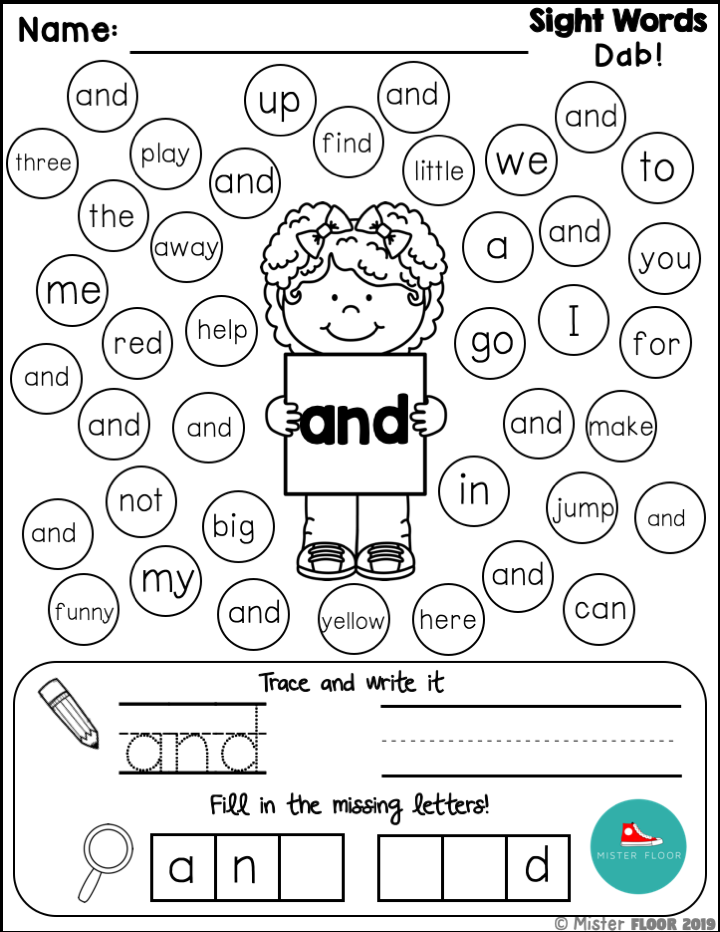 ” Play a sorting game at home in which your child guesses which sight words can or cannot be sounded out.
” Play a sorting game at home in which your child guesses which sight words can or cannot be sounded out.
What Will Help: Discuss the various types of sight words in this Nonfiction Sight Word Readers Parent Pack Level A and the Scholastic Success With Grades K-2: Sight Words with your child. Both of these tools will help your young reader become more familiar with key sight words and strengthen their reading skills.
Tip 5: Read and play with sight words daily.
“Children will become better at reading sight words automatically when they have daily opportunities to interact with text at home,” says Mossa. Reading daily will naturally reinforce the learning of sight words, and you can also get creative with games, art projects, and other interactive activities.
Municipal preschool educational institution "Kindergarten No. 2" of the city of Yaroslavl
Page updated on 12/02/2019
12/02/2019 Waste paper collection
Dear parents!
We would like to thank you and your children for participating in the environmental education campaign "Bright Ecology" (waste paper collection).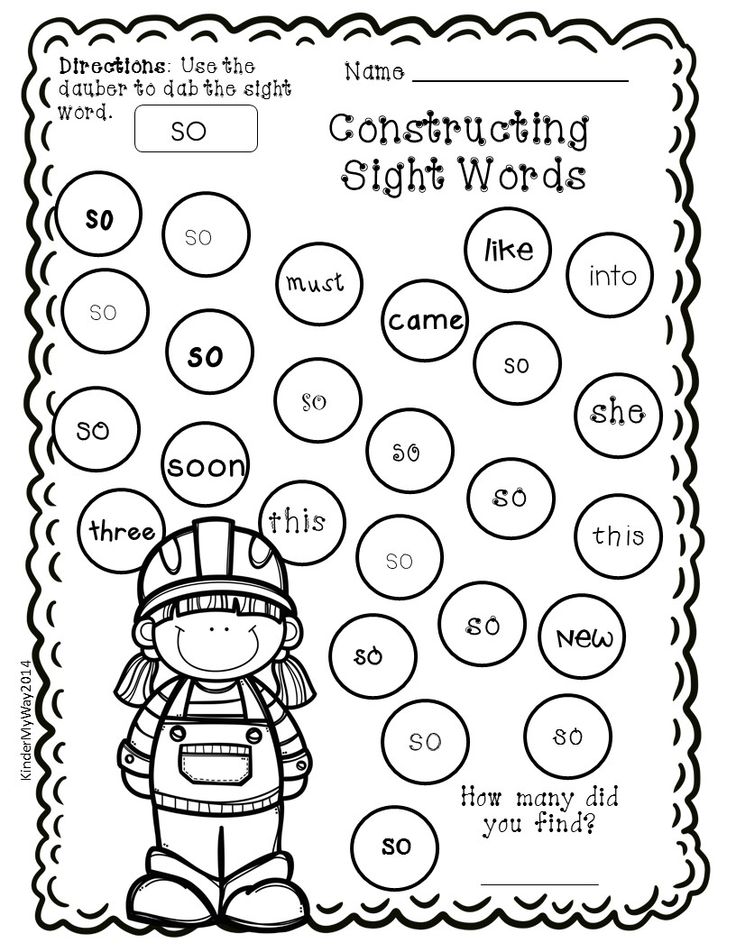 This action has already become traditional in our institution. We collected 1310 kg of waste paper!
This action has already become traditional in our institution. We collected 1310 kg of waste paper!
Thank you for the fact that most families take an active part in the campaign, thereby forming the right environmental awareness of their children! nine0008
"You are human! It depends on you,
How your planet will live!"
06/25/2018 Gratitude
Dear parents!
Thank you for your heartfelt participation in the life of the kindergarten despite being busy and short of time. Thank you for your patience and diligence!
Read more: Thank You Groups Photo Gallery
11/08/2017 Ecological and educational action "Bright ecology" (waste paper collection)
Dear parents!
Thank you and your children for participating in the environmental education campaign "Bright Ecology" (waste paper collection).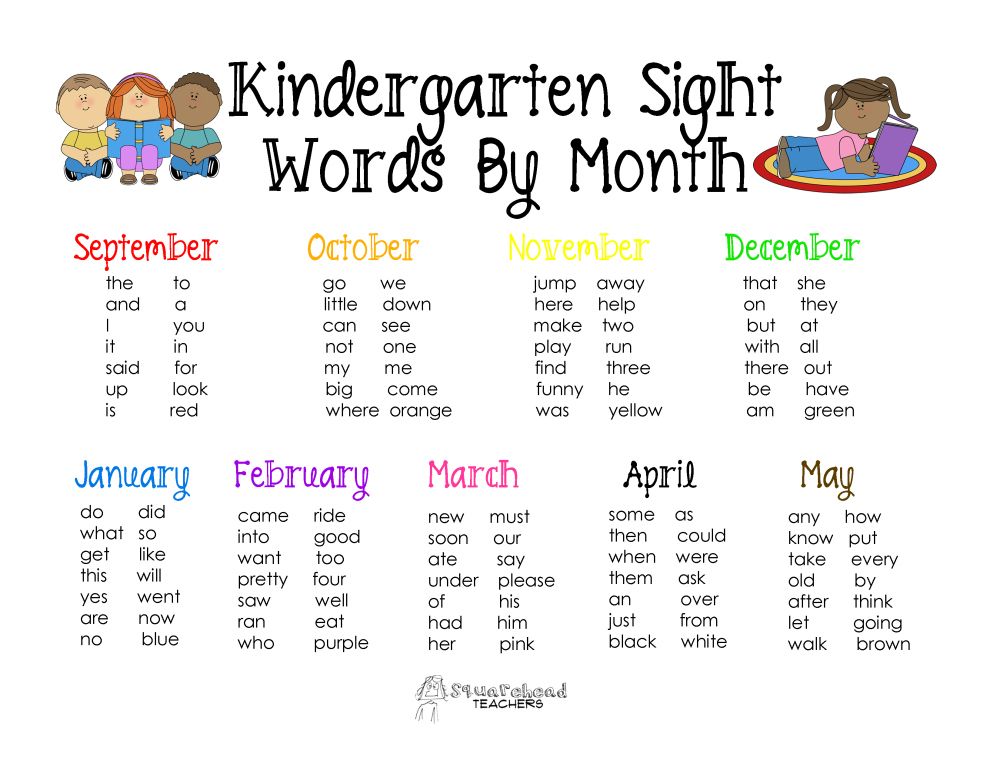 This campaign has already become traditional in our institution. We collected 1850 kg of waste paper, breaking our personal record of last year.
This campaign has already become traditional in our institution. We collected 1850 kg of waste paper, breaking our personal record of last year.
Thank you for the fact that most families take an active part in the action, thereby forming the right environmental awareness of their children! nine0003
"You are a human! It depends on you,
How your planet will live!"
08/17/2017 Thanks for the registration of groups
Dear parents!
The administration of the kindergarten and teachers sincerely thank you for the help you provide in organizing groups. Thank you for your patience and diligence.
08/17/2017 Thanks to parents
We express our gratitude to all parents,
, who support the initiative
and do not forget about shoe covers, changeable shoes, entering our preschool institution.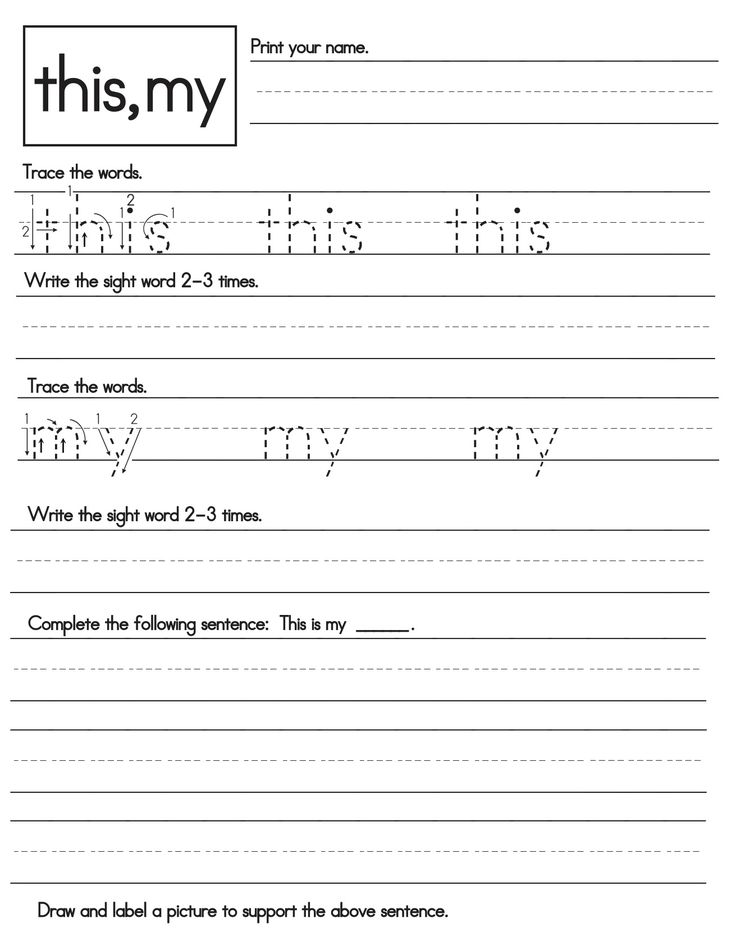
We really want our house to become even cleaner and more comfortable.
Sincerely, children, educators and administration of preschool.
08/17/2017 Competition "The best feeder"
Dear parents!
As part of the city action "Take care of the birds" in our kindergarten, a family competition "The Best Feeder" was held. 125 families responded to our call: fathers and mothers together with their children made wonderful and unique feeders. (exhibition of works)
November 29, 2016 vote passed. Parents and children visited the exhibition and chose the feeders they liked the most. Adults and children received an amazing charge of joy and pride for the work done. nine0003
According to the results of voting, feeders were recognized:
08/17/2017 Waste paper collection
The administration of the kindergarten thanks you and your children for your help in collecting waste paper.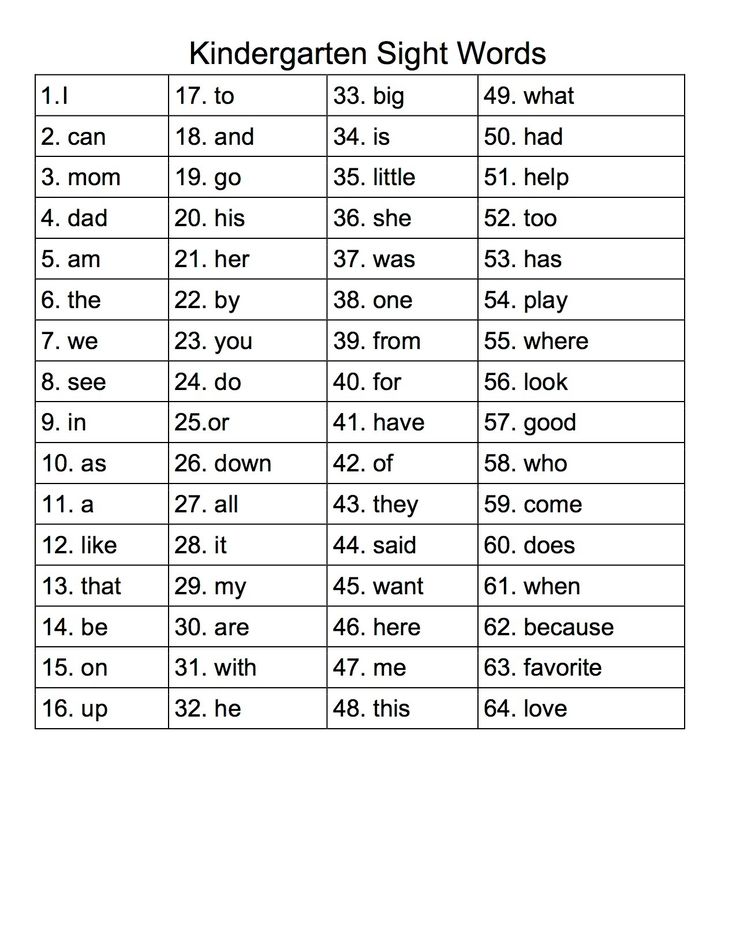
Read more:
08/17/2017 Feedback from parents
Dear parents!
We would like to thank you for your heartfelt feedback on the activities carried out in our kindergarten during our first academic year.
- “Dear employees of our kindergarten! What good fellows you are!! Everything was very bright, beautiful, elegant!!! Such a holiday was arranged for our children !!! Thank you, parents of the group "Pearl".
- “Thank you for the interesting activities within the framework of the Open Doors Week, it is clear what children know and can do, it's nice that the classes are in an exciting and playful way. Parent of the "Rybki" group.
- “… having visited the holiday dedicated to the family day, we saw how our children opened up to us in a new way: they read poetry, sang songs, danced. How much joy and inspiration in their big eyes. Many thanks for the work done and the organization of such a wonderful holiday.
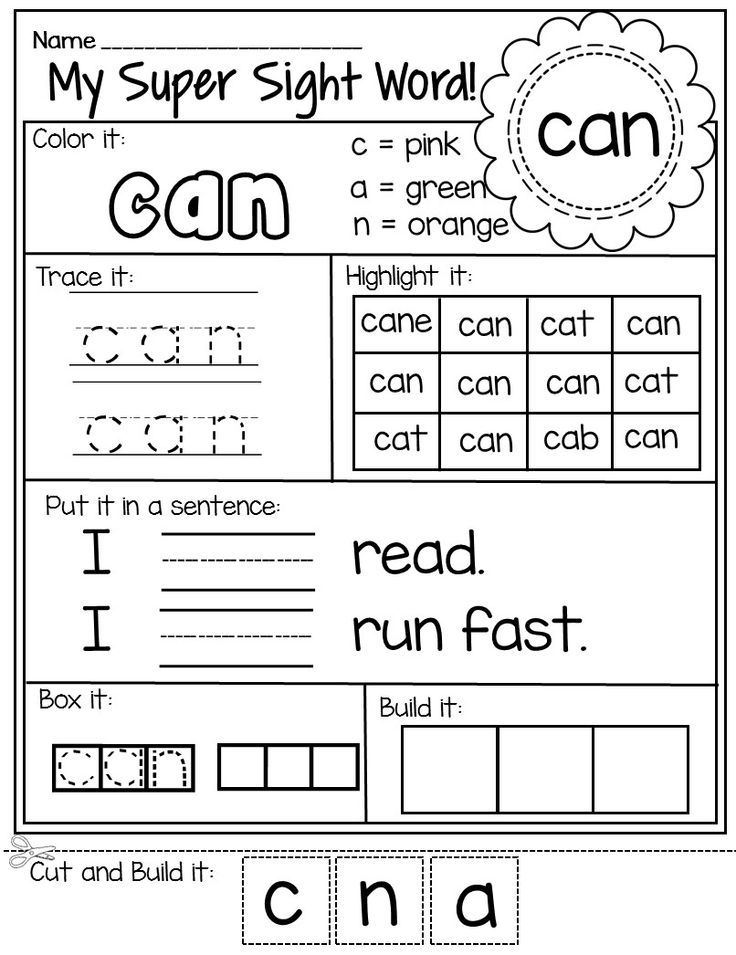 ” 05/16/2017 group "Rybki"
” 05/16/2017 group "Rybki"
- “… many thanks to the teaching staff of the kindergarten. The holiday dedicated to the family day left the best impressions. This is a great event that parents spend with their children, rejoice, admire and remember their childhood.” 18.5.2017 parents of the Zvyozdochka group.
We are very pleased that parents see and appreciate our work. In turn, we are grateful to them for their activity in the life of the kindergarten, for their responsiveness, positive attitude and high appreciation of the professionalism of the teaching staff. nine0003
We bring to your attention a video film about the professions of a teacher and educator, developed by the Ministry of Education and Science within the framework of the subprogram "Increasing the Prestige of the Teaching Profession" of the Comprehensive Program for Improving the Professional Level of Teachers of General Educational Organizations. View the link
tiser_1_master.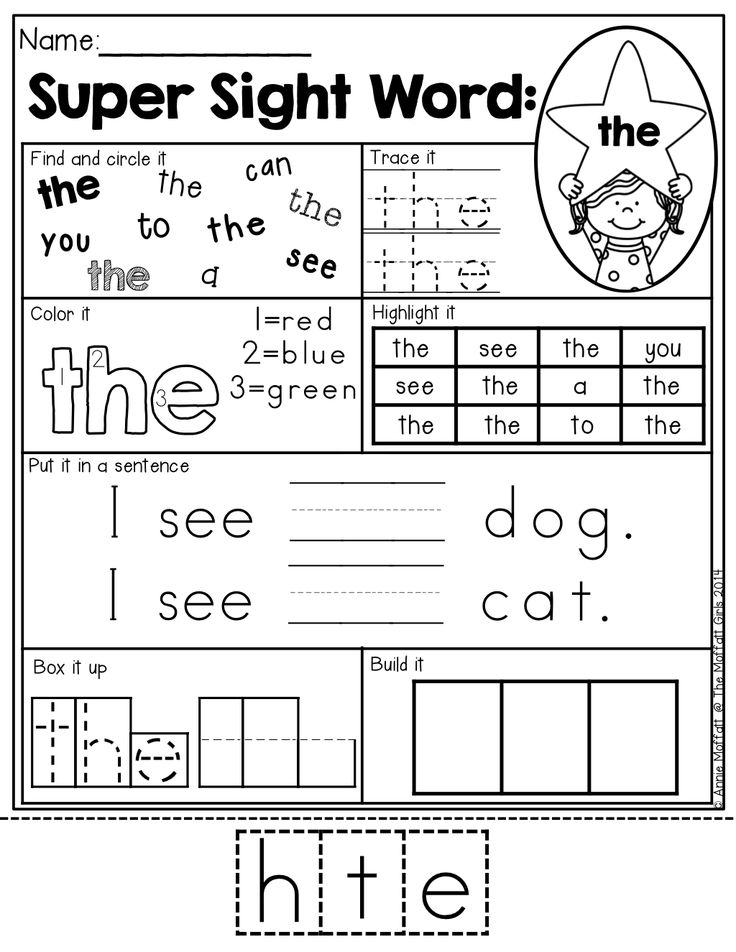 mp4
mp4
tiser_3_master.mp4
08/17/2017 Preparation of sites for the summer period
Dear parents!
On behalf of the kindergarten team and children, we sincerely thank you for finding the strength in yourself, remaining indifferent, being responsive and taking an active part in preparing the sites for the summer period, despite being very busy, lack of time. Now there are wonderful paintings on our verandas, flower beds and mini-gardens have appeared on the plots, which children are watching with great interest. A variety of summer toys delight children and make walks much more interesting. nine0081 We express gratitude to the most active parents:
| "Rybka" group ROOT Yulia Ivanovna and Vitaly Aleksandrovich MATVEEV Svetlana Gennadievna and Eduard Vladimirovich NAUMKINA Svetlana Anatolievna ATAMANCHUK nine0114 Elena Viktorovna and Sergey VladimirovichGORYUNOV Svetlana Evgenievna and Alexander Vladimirovich VOLKOV Svetlana Vladimirovna and Denis Igorevich KHUKHAREVOY Nadezhda Dmitrievna Octopussy Group YERMOLINY Olga Sergeevna and Gennady Alexandrovich PANFILO Svetlana Sergeevna and Yuri Nikolaevich SUGAR Tatyana Mikhailovna and Vladimir Nikolaevich SIZYAKOV Anton Yurievich COY Irina Viktorovna "Rodnichok" group VLASOV nine0114 ELENA SERGEEVNA and ALEXEY OLEGOVICHGUROVOY OKSANA VYACHESLAVOVNA BERNIKOV OKSANA NIKOLAEVNA and SERGEY VALERIEVICH PURPLE YULIA VLADIMIROVNA RIABOVOY NATALYA VITALIEVNA STEPANYCHEVA OLGA YURIEVNA SHULAYEV MAXIM OLEGOVICH LEVKOVICH TATYANA ALEKSANDROVNA
| Kapitoshka group TIKHOMIROV Yana Valerievna and Pavel Sergeevich MATVEEV Alexandra Pavlovna and Andrei Vladimirovich LEDNEVA Irina Vyacheslavovna TURKINA Anna Konstantinovna MINAEV Ekaterina Alexandrovna and Alexander Alekseevich PROSOEDOV Alexander Alexandrovich GUSKOV Irina Aleksandrovna and Mikhail Alekseevich MINAEVA Olga Alexandrovna Durandines Anna Sergeevna and Alexey Nikolaevich Zhemchuzhina Group NIKOLAEV Lyubov Yurievna HERB Natalia Alexandrovna SHAKHAROVA Elena Sergeevna IVANOV Roman Vladimirovich Asterisk group IVANOVA NADEZHDA KONSTANTINOVNA
|
09/27/2016 Day of the preschool worker.
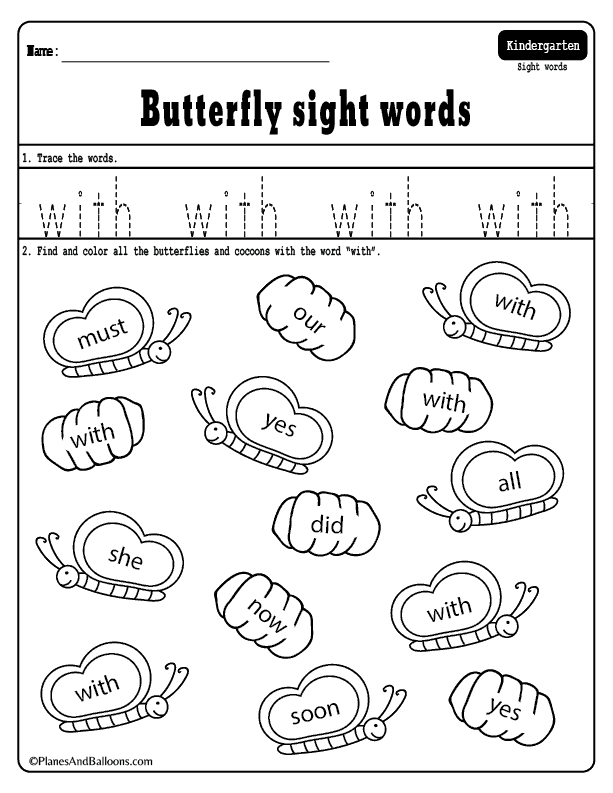
Heartfelt thanks to all parents for congratulations on the Day of the Preschool Worker! It's nice to know that kindergarten is starting to develop its own traditions, and relationships are getting warmer!
Artistic word in sensitive moments in kindergarten
Municipal budget
preschool educational institution
"Child Development Center - Kindergarten No. 6"
" Artistic word in sensitive moments in kindergarten "
nine0002
Contributors:
Verkhoturova A.Yu., educator
highest qualification category
Karpenko M.A., educator,
highest qualification category
Novokuznetsk.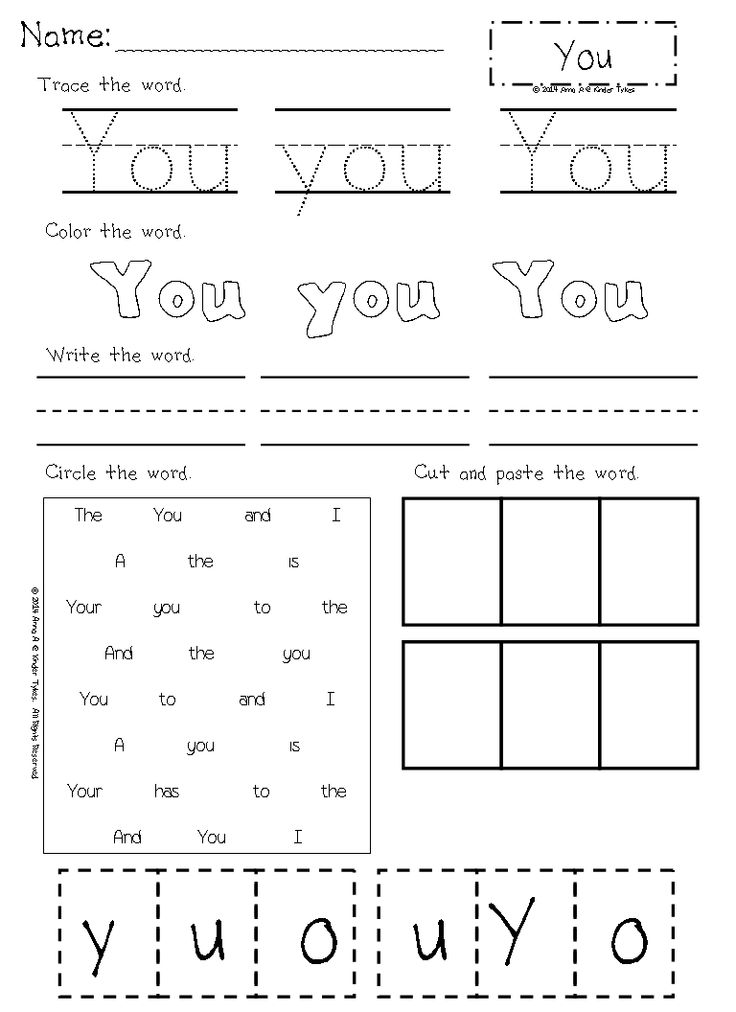
Artistic word in sensitive moments in kindergarten.
The artistic word is a powerful pedagogical tool that can be appropriate in the process of communicating with children literally everywhere. Of course, in order to successfully apply it, it is desirable that an adult read it by heart, be emotional, maintain eye contact with the child.
Examples of the use of a literary word in regime moments:
In the morning, create a good mood and ease the separation of the child from his mother. nine0003
We rise together with the sun,
We sing along with the birds.
Good morning,
Happy new day!
That's how fun we live.
Let's stand side by side, in a circle,
Let's say "Hello!" each other.
We are not too lazy to say hello:
Hello everyone! and "Good afternoon!"
If everyone smiles -
Good morning will begin.
Good morning!
If a child is having a hard time parting with his family, you can reassure him with the following lines:
Mother of a white Kitten
Brought her to kindergarten.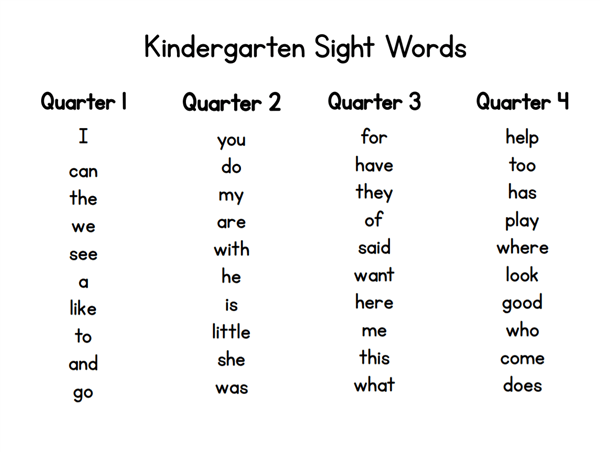
But the fluffy child
could not calm down.
He began to meow, to cling
With his paw to her hem,
He did not want to stay in the garden,
He did not go to the group at all.
Mama-Cat was in a hurry
And saying sadly:
She unhooked from the Kitten
And she left in tears.
No, don't do it, guys,
Cry and shout loudly:
Mom is in a hurry somewhere,
Mom might be late. nine0003
Moms love you all very much,
They are waiting for a long-awaited meeting,
They will not forget about the kids -
They will definitely come!
It's more fun to get ready for exercises while reading lines.
Robust babies
Went to the site,
Robust babies
Exercise!
(T. Volgina)
On charge! On charge!
Wake up in order,
Arms, legs, head!
At-two! At-two!
On charge! On charge!
We get the heel with the palm!
Charge!
Every day we meet
We start with exercises!
Hygiene procedures are more smoothly accompanied by jokes and poems.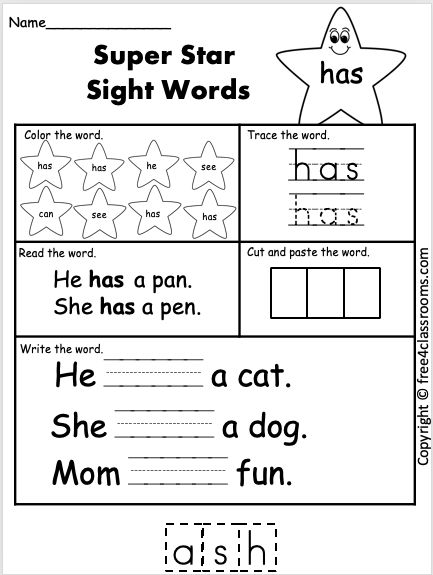
I am early this morning
Washed from the tap.
I myself can now
Wash face and neck.
Ay, frets, ay, frets,
We are not afraid of water,
We cleanly wash ourselves,
We smile at mom.
Water, water,
Wash my face,
To make little eyes shine,
To redden cheeks,
To make the mouth laugh,
To bite a tooth.
Warm water
I clean my hands.
I'll take a bar of soap
And rub their hands.
Mouse bad foot soap:
Only moistened with water,
I did not try to soap with soap -
And the dirt remained on the paws.
Towel - in black spots!
How unpleasant it is!
Germs will get into the mouth -
May have stomach ache.
nine0002 So, kids, do your best,Wash your face with soap more often!
Need warm water
Wash your hands before eating!
Before breakfast, lunch and dinner, it is useful to remind about neatness at the table, proper use of cutlery.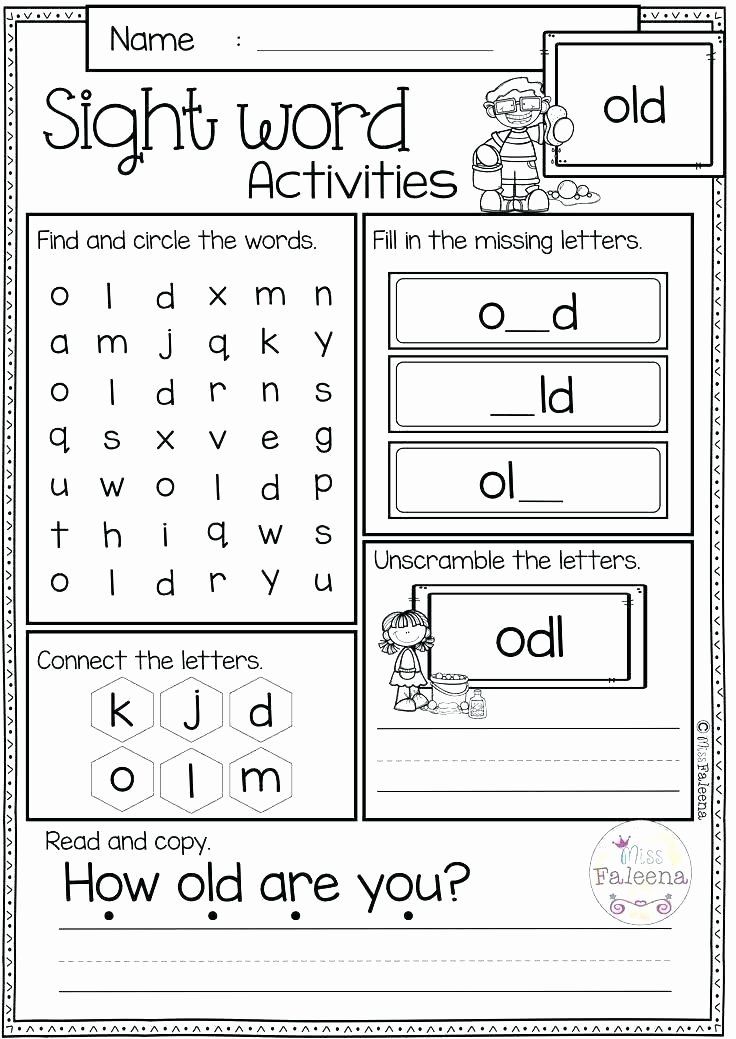
And we have spoons
A little magical.
Here is a plate, here is food. nine0003
No trace left.
On my plate
Red squirrel,
To make it visible,
I eat everything to the bottom.
Lunch time has come,
The children all sat down at the table.
So that there is no trouble,
Let's remember the rules of food:
Our feet don't knock,
Our tongues are silent.
Don't litter at dinner,
Messed up - so clean it up.
For the one who eats neatly,
And it's always nice to watch,
We always eat beautifully,
After we say "Thank you" to everyone.
Deep and shallow,
Ships in a plate,
Here the boat is sailing,
Swims directly into the mouth.
Put on a spoon
Cabbage, potatoes - and hide! nine0003
Try to find it!
Not visible on the spoon
Cabbage, potatoes.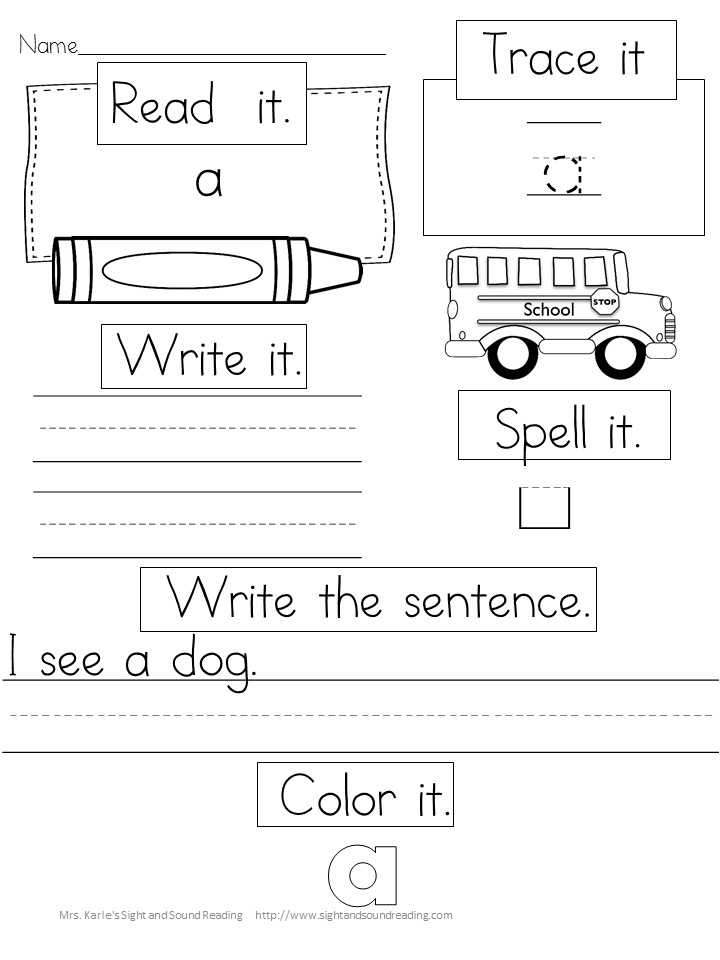
And not on the plate - look!
Take a spoon, take bread,
And rather for lunch.
We are going for a walk, saying.
One, two, three, four, five -
We are going for a walk.
Let's put on legs
Boots-boots
And let's go for a walk,
Jump, run and jump.
Need to get dressed quickly
Ina needs to be distracted.
Don't look around,
Dress yourself.
One, two, three, four, five are going to walk!
If you want to take a walk,
You need to get dressed quickly,
Open the closet door,
Dress in order.
Gather the sock into an accordion,
And put it on your leg.
Take another sock
Put it on in the same way.
Now get up quickly
And put on your pants.
Look, it's getting cold outside.
It's time for a blouse
Children to wear.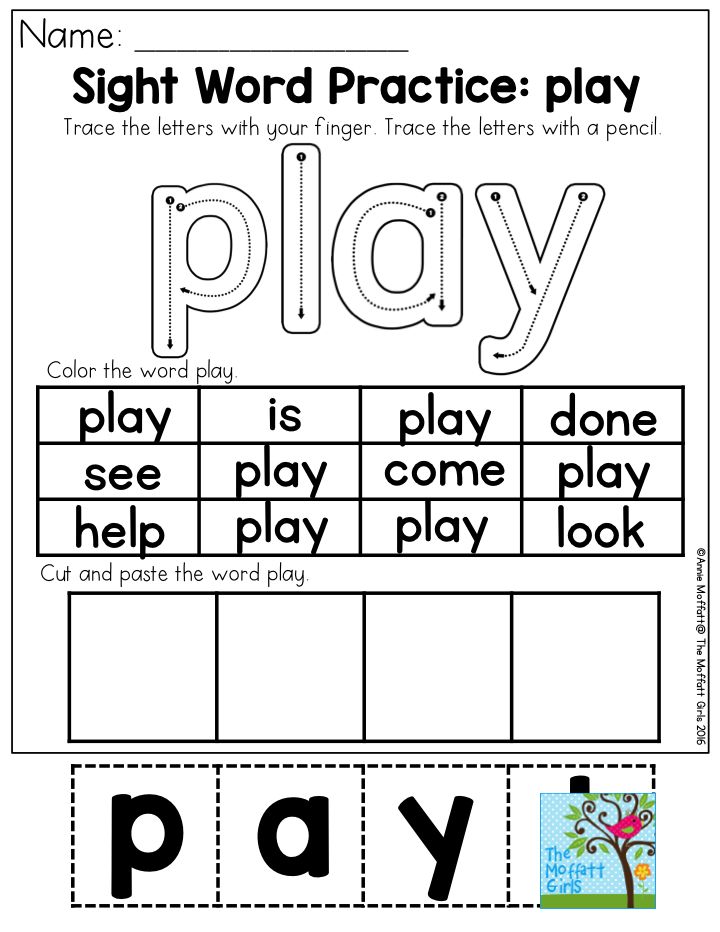
Tutushki
Where are your ears?
Ears in a hat,
Legs will not reach
So that the ears do not hurt
Quickly put on a hat.
And then a jacket
For a long walk.
Sunny, don't come in,
Wait for us outside! nine0081 We are going for a walk now
And to meet our parents.
I miss my mom,
I can't wait right now!
Let her come soon
And take me home!
(M. Senina)
The group went out to get dressed,
to get ready for a walk,
to wait for dads and moms.
And then go home.
Daytime sleep.
We walked, we played
And a little tired. nine0003
To gain more strength,
We need to get some sleep.
You will close your eyes -
And dream of a fairy tale:
About a cat - purr,
Crane - kurdyku,
Fox - cunning,
Little mouse,
Bunny - braggart,
About buzzer fly,
About bumblebee - buzzer,
Squirrel squirrel,
About a sweet tooth - a bear.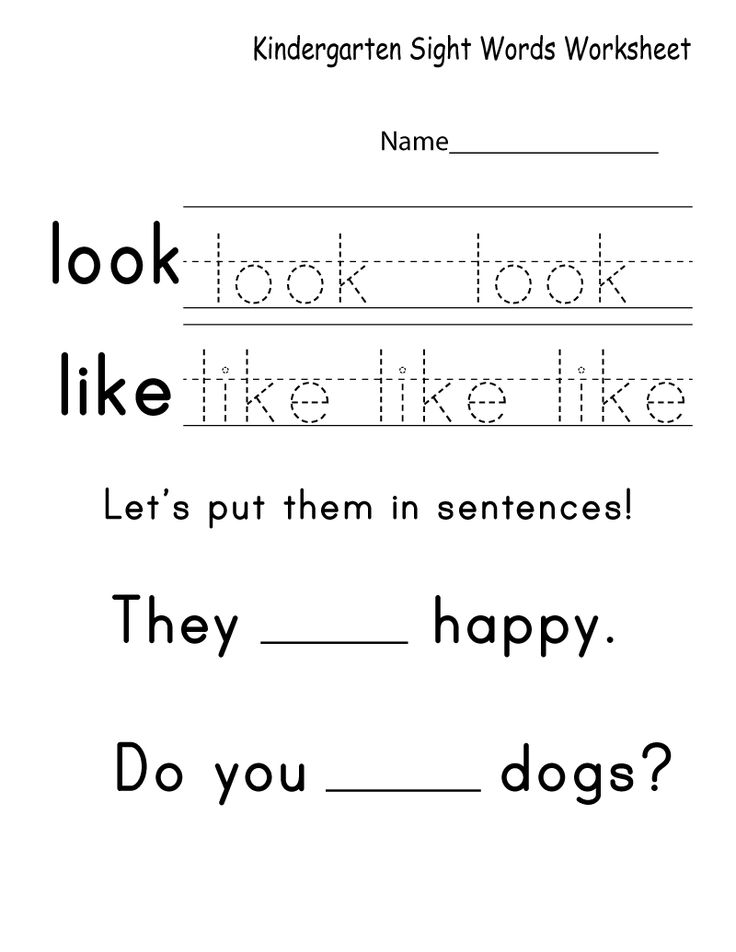 nine0003
nine0003
Sleep my baby!
Animals played together,
You need to go to bed after bed.
Quiet time is coming,
Silence is needed now.
Even if you are awake,
Lie down, don't make noise,
Don't disturb your friend's sleep
And rest easy!
Waking up after a sweet dream is not always easy, again verses come to the rescue:
Wake up, peephole! Wake up another!
Say hello The sun came out with you!
Look how it smiles!
A new day, a new day begins!
Who's already awake? Who stretched so sweetly?
Pull-ups
From toe to crown.
We stretch - stretch,
We won't stay small.
nine0002 We are already growing, growing, growing! At the end of a quiet hour,
A sound sleep is gone from you.
If you can't sleep,
You shouldn't have fun,
And don't play around
And throw pillows.